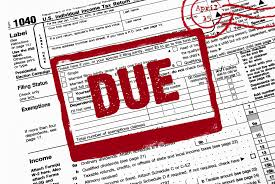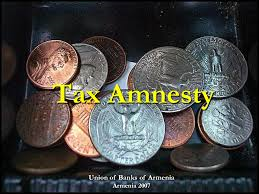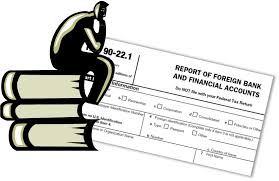Waiting for a Tax Refund? It is tax time and many taxpayers who have already submitted their 2013 tax returns are now anxiously awaiting a refund. If you are one of those individuals, the good news is that you can check the status of your refund using the Get Your Refund Status tab on the home page of the IRS website. This tool will give you an update on your refund status within four weeks from the time a paper return was mailed or within 24 hours after a return has been e-filed. You can also call the IRS for a refund update but phone updates take longer to become available. Refund information is only accessible by phone if it has been six weeks since the mailing of a paper return or at least 21 days from the date of an electronic filing.
The refund status tool on the IRS website will tell you one of the following three things about your tax refund: 1) Refund Received, 2) Refund Approved or 3) Refund Sent. Once the site says that a refund has been sent, it may take several weeks for the funds to arrive if the taxpayer has requested a debit card or a paper check. Direct deposits into bank accounts should take less than five days. It should be noted that tax returns with mathematical errors, missing information or incorrect information always take longer to process. This is also true when the returns involves special issues such as identity theft, fraud or duplicate claims for the same dependent, among other things.
The good news for taxpayers expecting a tax refund is that Congress recently voted to extend the debt ceiling with no strings attached until, March 15, 2015. This means that the government will have the necessary funds to pay all the refunds it owes though this tax season and most of the next one. (solidstonefabrics.com) Although the IRS does pay interest on any refunds that are not issued within 45 days of the filing of a return, there is no law that says refunds have to be paid within a certain time period. Interest payments aside, most taxpayers just want their refund money so the recent vote was very good news for all those who overpaid their tax bills in 2013.
If you have tax questions or a tax debt you are unable to pay, our tax settlement professionals are happy to discuss your tax resolution options free of charge. For more information about our services, visit us today at www.professionaltaxresolution.com or call us at 877.889.6527. With over 16 years in the business of resolving tax debt, we have a thorough understanding of tax law together with the experience to know which settlement option will be the best fit for your specific set of circumstances.





